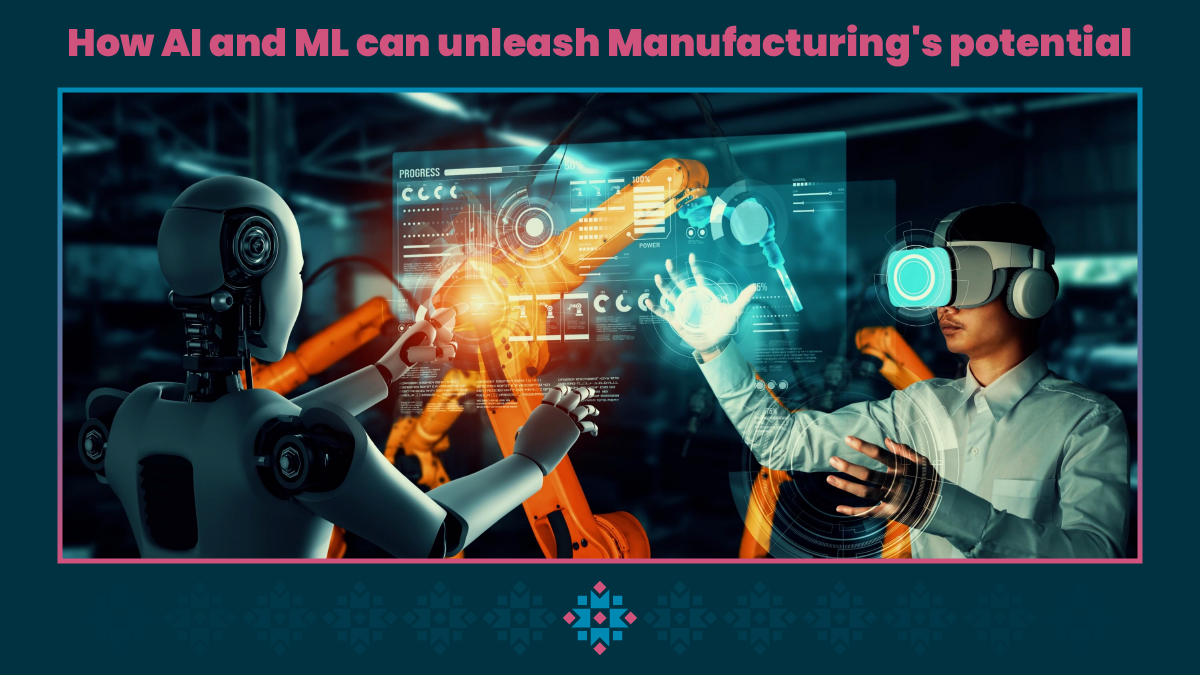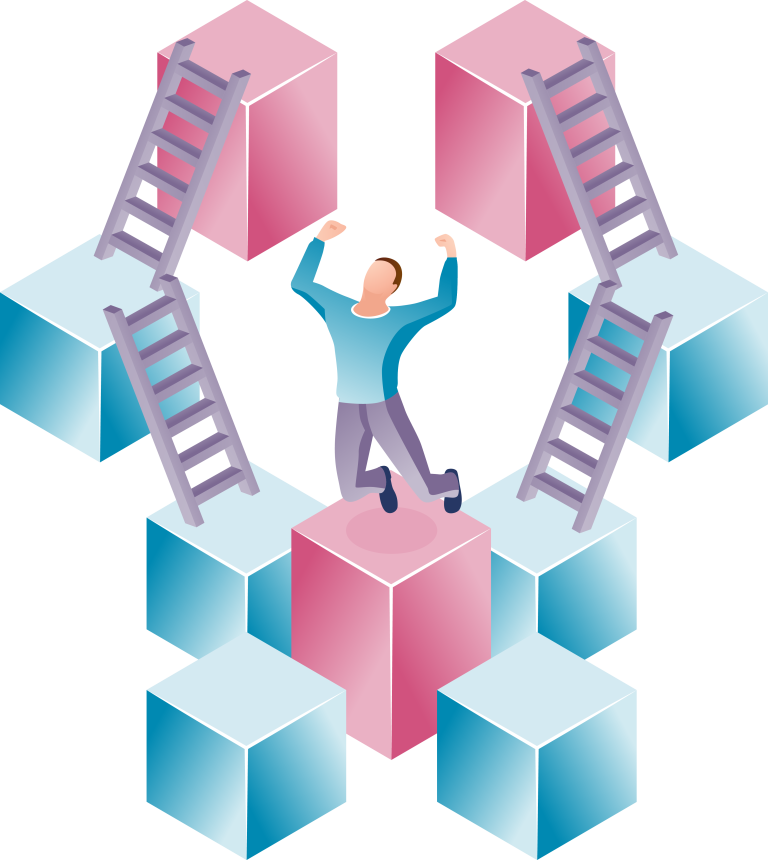In more recent years Artificial Intelligence (AI) and Machine Learning (ML) have been on a conquest to change the face of numerous industries, and the Manufacturing industry is no exception.
As this sector is the backbone of any economy, it is easy to see why the changes brought on are important to comprehend anyone and why 85% of executives believe AI could give their companies a strong advantage. How AI and ML can unleash manufacturing?
The benefits
Let us start with outlining the benefits that AI and ML bring to the table
- Improvements in workplace safety;
- Easier Machine Maintenance;
- Greater Cybersecurity;
- Increased Productivity;
- Easier product Development;
- Robotics Development;
- Better Decision Making.
Let’s dive deeper:
Safety:
How do AI and ML affect safety? Employee entry can be easily monitored and controlled without the help of other staff. Additionally, staff that is already present can also be monitored thus ensuring the safety of the premises. In the current COVID-19 pandemic, this proves to be especially helpful time and time again. Effective tracing of the spreading of the virus inside of the premises of the business can be seamlessly executed and more spreading can be prevented. AI can also identify potential risk areas, or, in the aftermath of an incident, a root cause analysis can be provided.
Machine Maintenance:
When it comes to Machine Maintenance, proper integration of AI and ML can enable predictive maintenance. McKinsey finds that predictive maintenance can generate a value of between 0.5 billion to 0.7 billion dollars across the globe. Based on information from data and sensors, equipment failures can be accurately predicted, thus saving the company time and money in the long run by reducing downtime, in fact, companies save close to 30% of costs this way.
Machine learning can predict equipment failure accurately 92% of the time. By deploying AI and ML, overall equipment efficiency increases from the industry average of 65% to a staggering 85%.
A major firm in the Manufacturing sector reported on a profit improvement of around 300 million euro by using ML to forecast 10 years of repairs needed for their fleet of over 17,000 aircrafts.
Cybersecurity:
Companies that integrate AI and ML can easily recognize cybersecurity improvements. Moreover, in today’s day and age manufacturing companies produce vast amounts of data, which raises the need for better security. In data-rich environments, with cybersecurity being one of the lowest budget areas of any business, AI can scan through a vast number of records, identifying gaps and loopholes that are vulnerable, enabling easy mending of the issues.
Productivity:
Detailed analysis of patterns in various data can enhance productivity – from performance data to sensor data, and anything else a business is tracking. For example, areas where resources are wasted, and productivity can be enhanced are clearly flagged.
The visibility gained by AI and ML is noted to lead to a 20% increase in production throughput and a 35% increase in overall quality. An example of high-level resource management – Google reduced their cooling bill by 40% thanks to DeepMind AI.
Development:
Developing products using painstaking amounts of time and resources is made redundant by AI and ML. This allows to create a perfect digital copy of a concept, and a business can test any and all features and possibilities virtually. This not only saves time but speeds up development by an astounding amount. It also enables testing in environments never accessible before, allowing for potentially discovering new features of a product. General Electric (NYSE: GE) gained a 12% improvement in the efficiency of the airplanes they produced by taking advantage of an algorithm that designed flight planning.
Robotics
Robotics as a field has aided manufacturing since its conception. The robots are capable of working in strenuous conditions, 24 hours a day, 7 days a week, with the only downtime being when the robot breaks down. The predictive maintenance mentioned above can help with that too.
Conclusion
In a nutshell, experts predict that AI and ML will play major roles in the future of manufacturing. Additionally, Their integration is a major hurdle for many businesses. We at Cosmos Thrace specialize in adapting and implementing these technologies to our client’s needs. Learn more about how AI and ML can unleash manufacturing or about our other services here.


